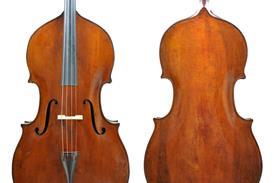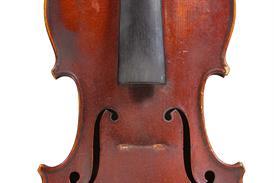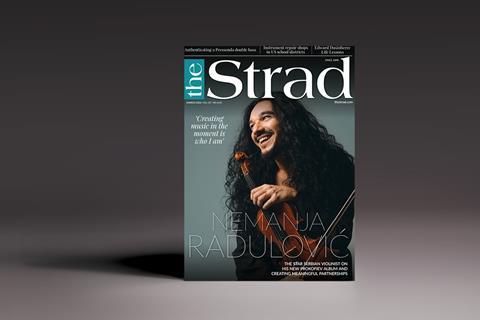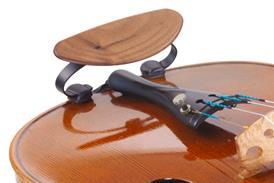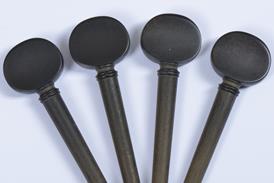- News
- For Subscribers
- Student Hub
- Playing Hub
- Directory
- Lutherie
- Magazine
- Magazine archive
- Whether you're a player, maker, teacher or enthusiast, you'll find ideas and inspiration from leading artists, teachers and luthiers in our archive which features every issue published since January 2010 - available exclusively to subscribers. View the archive.
- Jobs
- Shop
- Podcast
- Contact us
- Subscribe
- School Subscription
- Competitions
- Reviews
- Debate
- Artists
- Accessories
Carlo Bergonzi 1735 ‘Baron Knoop’ violin: The Heir Apparent

Andrea Zanrè shows how his ‘Baron Knoop’ violin of 1735 displays an unmistakable personality despite the influence of Stradivari and his contemporaries
Discover more lutherie articles here
Read more premium content for subscribers here
Click here to purchase a poster of the 1735 ‘Baron Knoop’ violin
This article appeared in the July 2021 issue of The Strad
Antonio Stradivari’s legacy bestrides the violin making world like a colossus, and makers the world over must sometimes have felt as if their efforts can never match the work of the master. His sons Francesco and Omobono would have felt it most strongly, if only for the few years that separated their deaths from their father’s. Long after Antonio’s demise, his shadow continued to menace some of the great Italian luthiers who nevertheless deserve our greatest admiration. Among these, Carlo Bergonzi has a special place in the pantheon, both for the refinement of his work and his proximity to that menace.
The instrument shown here, the ‘Baron Knoop’ Bergonzi, still retains its original label of 1735. However, a second instrument he made during the same time period, or perhaps a few years earlier, a violin currently known as the ‘Kreisler’, bears a Stradivari label from 1716. It was displayed at the 2010 Bergonzi exhibition in Cremona, and its catalogue entry states that the third and fourth digits of that label are likely in the handwriting of its former owner, Count Cozio di Salabue. This is one of several cases that remind us of the immeasurable effects of the Stradivari legacy: Cozio must have known that his Bergonzi was a Bergonzi, and admired him as a maker, but despite this he had its corners cut to a length more consistent with Stradivari’s style, and erased its true authorship…
Already subscribed? Please sign in
Subscribe to continue reading…
We’re delighted that you are enjoying our website. For a limited period, you can try an online subscription to The Strad completely free of charge.
* Issues and supplements are available as both print and digital editions. Online subscribers will only receive access to the digital versions.












